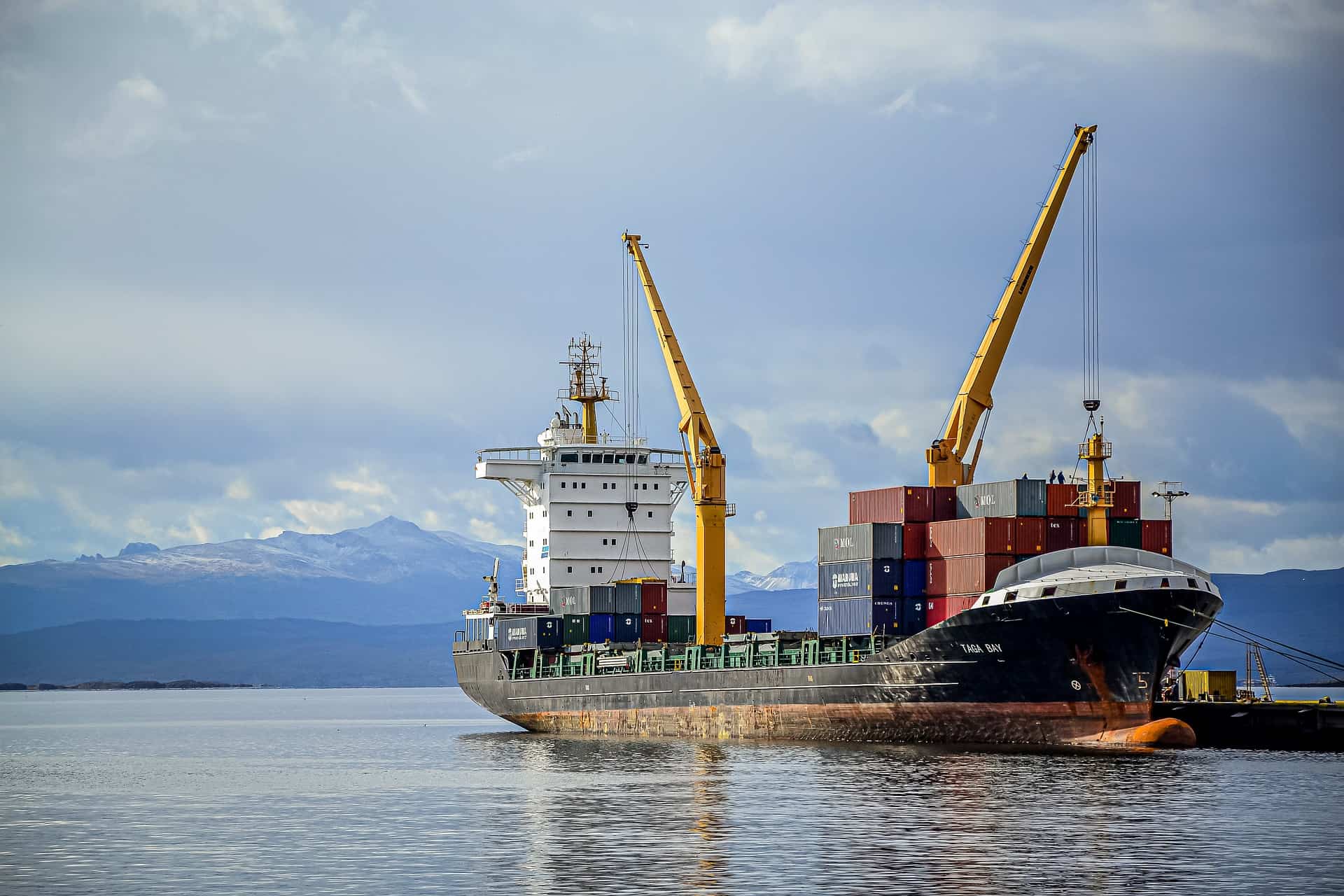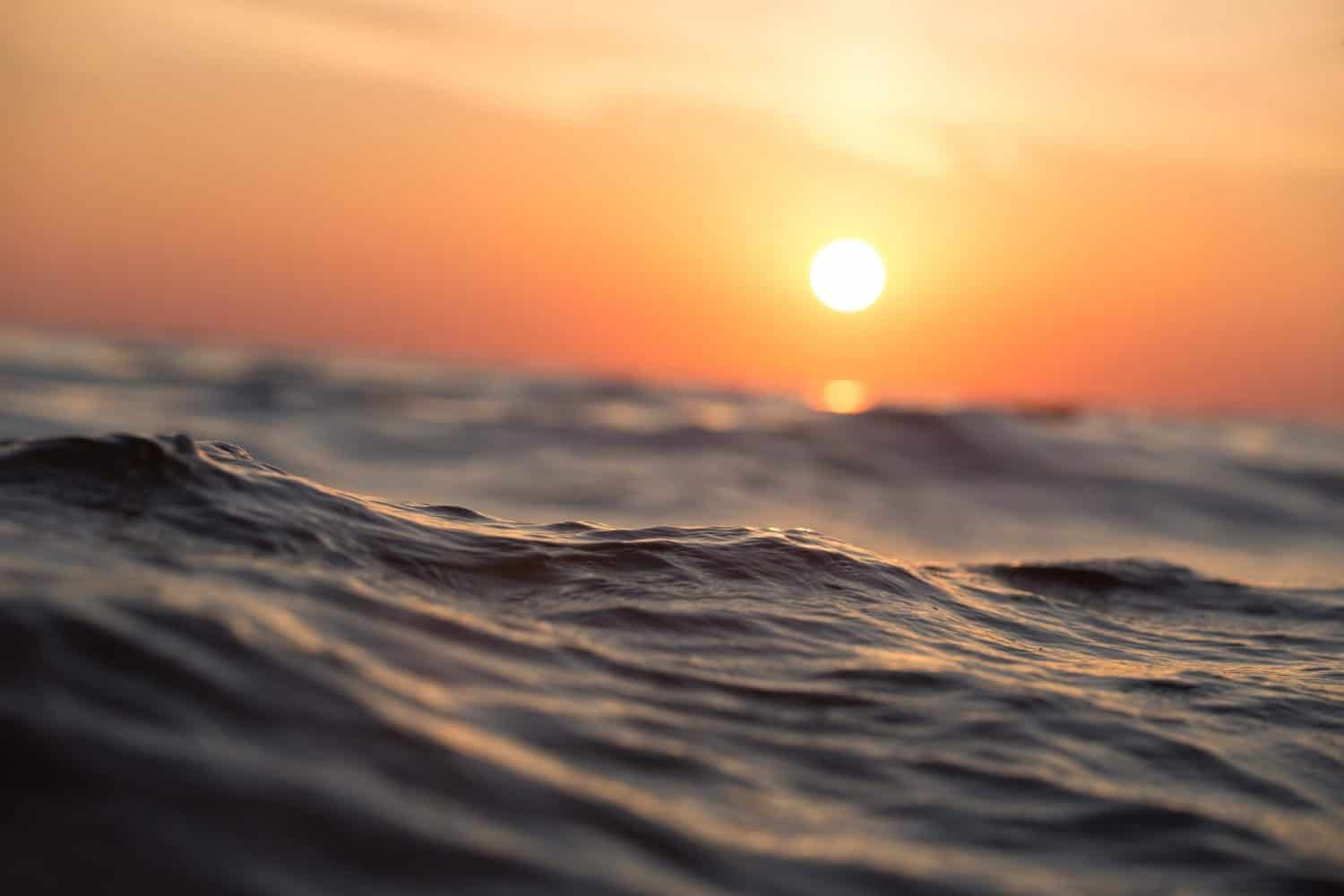UN Secretary-General António Guterres has said that a “sustainable blue economy can drive economic progress and job creation”, even as it protects climate.
He was speaking at the One Ocean Summit on Friday, and stressing that intensified efforts must be made to protect the world’s oceans.
The World Bank defines blue economy as “sustainable use of ocean resources for economic growth, improved livelihoods, and jobs while preserving the health of ocean ecosystem.”
The UN has earlier noted that a good blue economy could help the world achieve the UN Sustainable Development Goals, number 14 of which pertains to “life below water”.

Guterres on Friday noted: “We need more, and more effective partnerships, to address land-based sources of marine pollution.”
He also called for “urgency in the deployment of offshore renewable energy, which can provide clean power and employment, and…[less] fossil fuels in the ocean economy.”
Guterres welcomed “encouraging steps” taken by some countries, including France, to end single-use plastics, and urged others to follow suit.
The communities who rely on the ocean are hurting, he said, noting: “More than 3 billion people depend on marine and coastal biodiversity for their livelihoods.”
He painted a grim picture of dwindling marine species, dying coral reefs, coastal ecosystems turned into “vast dead zones” as they serve as dumping grounds for sewage, and nutrients and seas choked by plastic waste.
Moreover, fish stocks are being threatened by excessive and destructive fishing practices, along with illegal, unreported and unregulated fishing, he said.
“We must change tack,” asserted Guterres.

With some 90 percent of world trade being done by sea, he said that shipping accounts for nearly 3 percent of global greenhouse gas emissions.
“The shipping sector needs to contribute to the necessary 45 percent cut in emissions needed by 2030, and zero emissions by 2050, in the effort to keep alive our hopes of limiting global temperature rise to 1.5 degrees Celsius,” said the UN chief.
A breakthrough on adaptation and resilience for coastal communities whose lives, homes, and livelihoods are at risk is also imperative.
“We must capitalize on the opportunities that nature-based solutions, such as mangroves and seagrasses, provide”, he added.
To promote a sustainable ocean economy, Guterres highlighted the need for global partnerships and investment along with increased support to ocean science “so our actions are based on knowledge and understanding of the ocean”.

